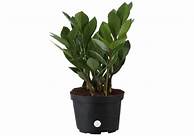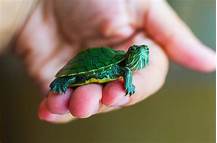Are ZZ Plants Pet Safe?
ZZ plants, also known as Zamioculcas zamiifolia, are popular houseplants known for their unique appearance and low-maintenance requirements. However, many pet owners wonder if ZZ plants are safe for their furry friends. The answer is both yes and no, depending on the part of the plant.

Toxicity to Pets
The ZZ plant is indeed toxic to pets, particularly cats and dogs. The toxic compound in this plant is calcium oxalate, which can cause a range of health issues if ingested. While not every pet that nibbles on a ZZ plant will suffer from serious consequences, it's essential to take precautions to keep your beloved companions safe.
Signs of Toxicity
If your pet has ingested any part of a ZZ plant, look for the following signs of toxicity:
- Vomiting
- Diarrhea
- Excessive salivation
- Difficulty swallowing
- Mouth and tongue irritation (including swelling and redness)
- Loss of appetite
- Lethargy
- Tremors
- Seizures
Treatment for Toxicity
If you suspect your pet has consumed ZZ plant material, contact your veterinarian immediately. Treatment will depend on the severity of toxicity and may include:
- Inducing vomiting or administering activated charcoal to remove the toxin from the stomach
- Flushing the mouth and throat to prevent further irritation
- Providing pain medication to relieve discomfort
- Administering fluids to prevent dehydration
- In severe cases, supportive care may be necessary, including hospitalization
Preventing Toxicity
The best way to protect your pets from ZZ plant toxicity is to keep them away from the plant entirely. Consider the following precautions to ensure your pet's safety:
- Place the ZZ plant in an area out of your pet's reach, such as a high shelf or a room that the pet does not have access to.
- Choose other non-toxic plants for your home if you have pets that tend to explore and chew on plants.
- Train your pet to avoid chewing on plants by using positive reinforcement techniques.
- If you suspect your pet has ingested any plant material, contact your veterinarian immediately.
Conclusion
While ZZ plants can be a beautiful addition to the home, it's crucial to be aware of their potential toxicity to pets. By understanding the risks and taking necessary precautions, you can help keep your furry friends safe and prevent any potential health issues resulting from ZZ plant ingestion.
Declaration: All article resources on this website, unless otherwise specified or labeled, are collected from online resources. If the content on this website infringes on the legitimate rights and interests of the original author, you can contact this website to delete it.




